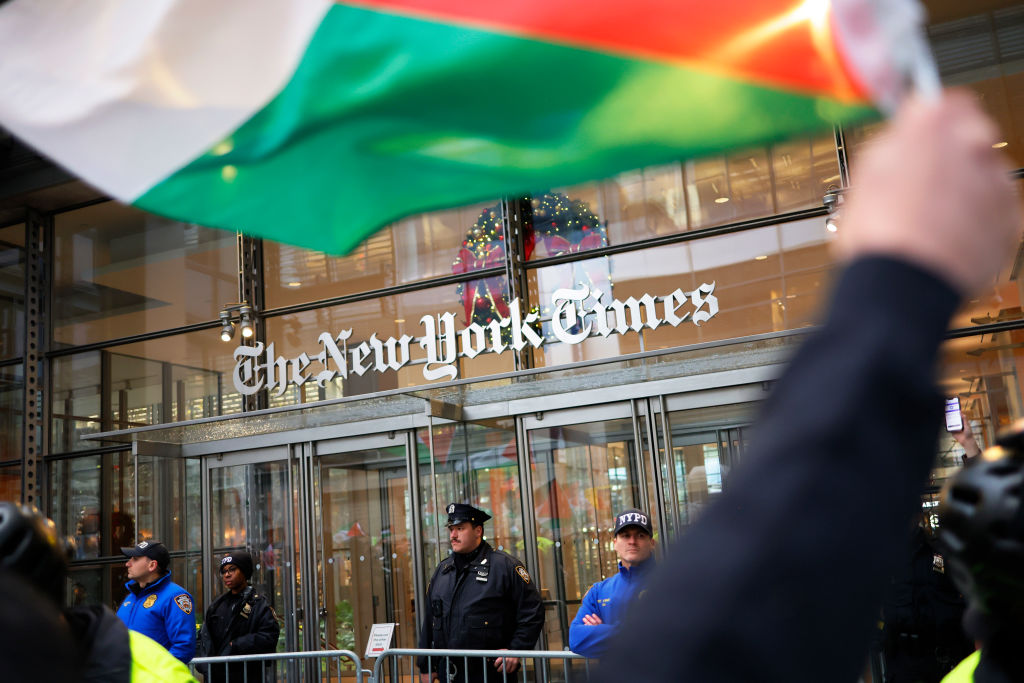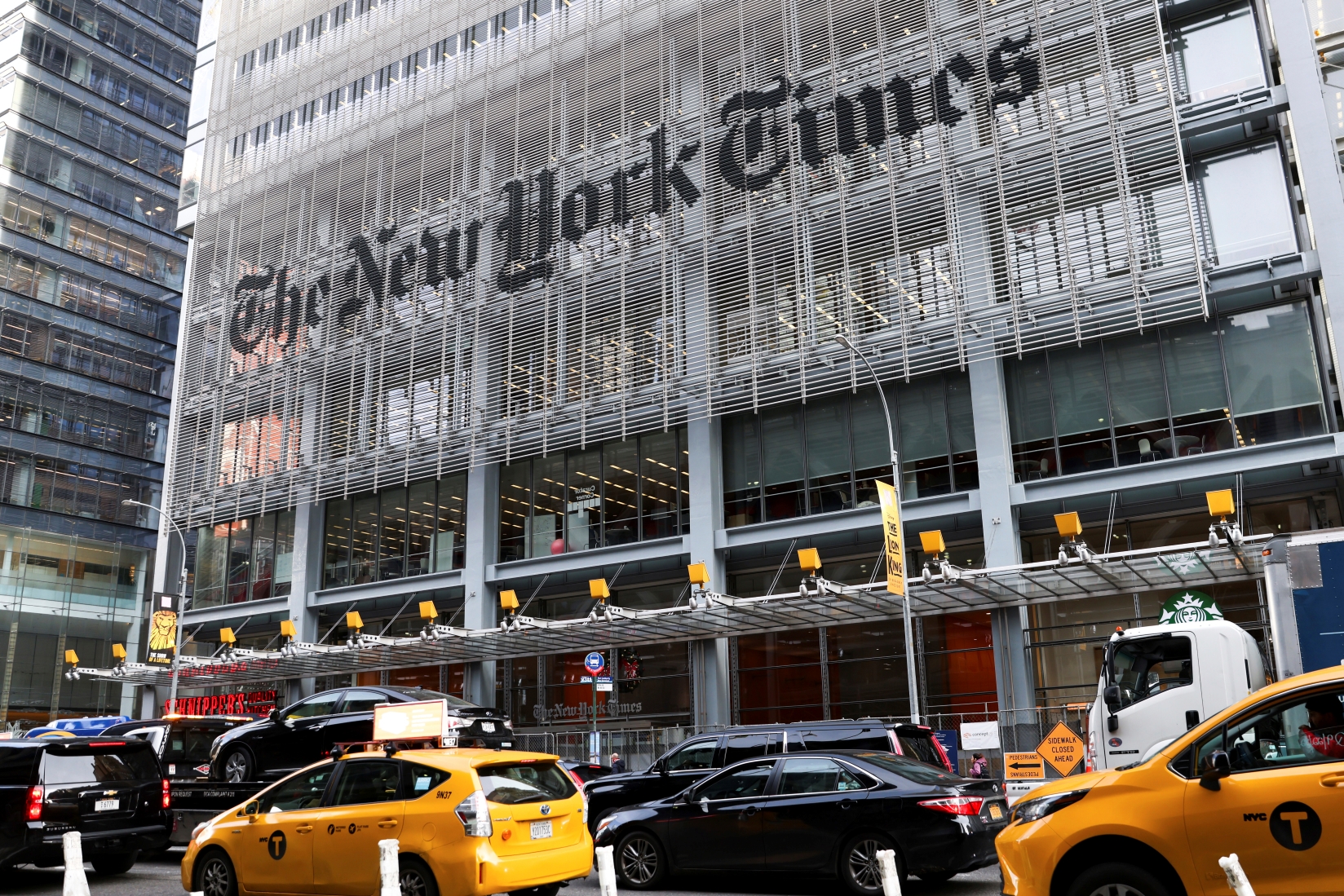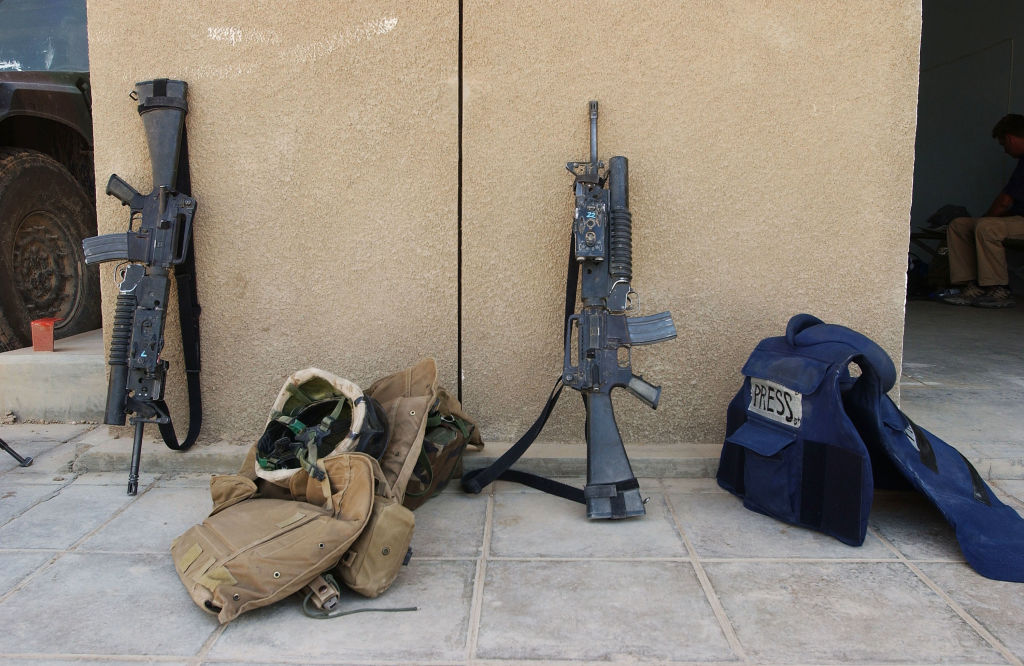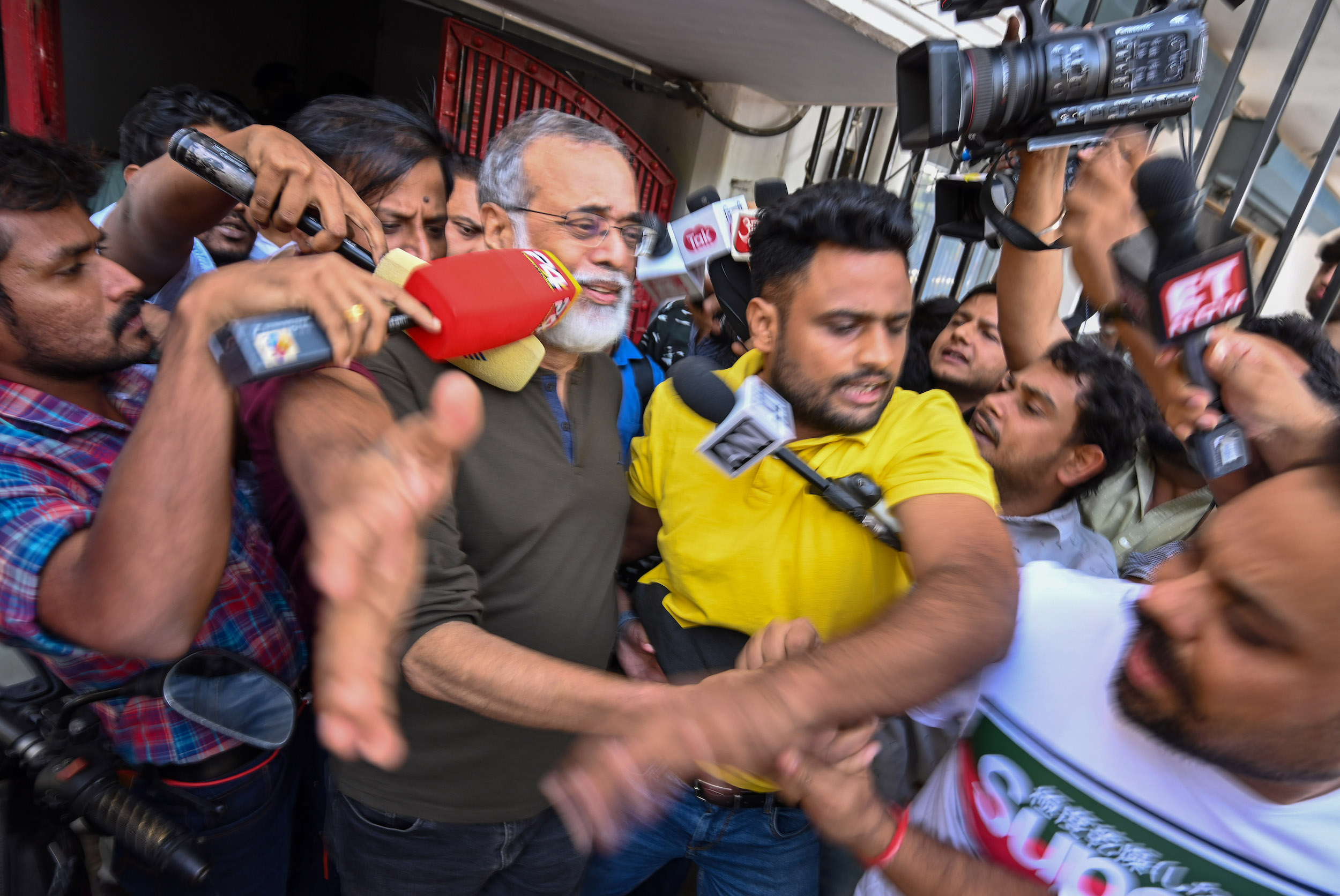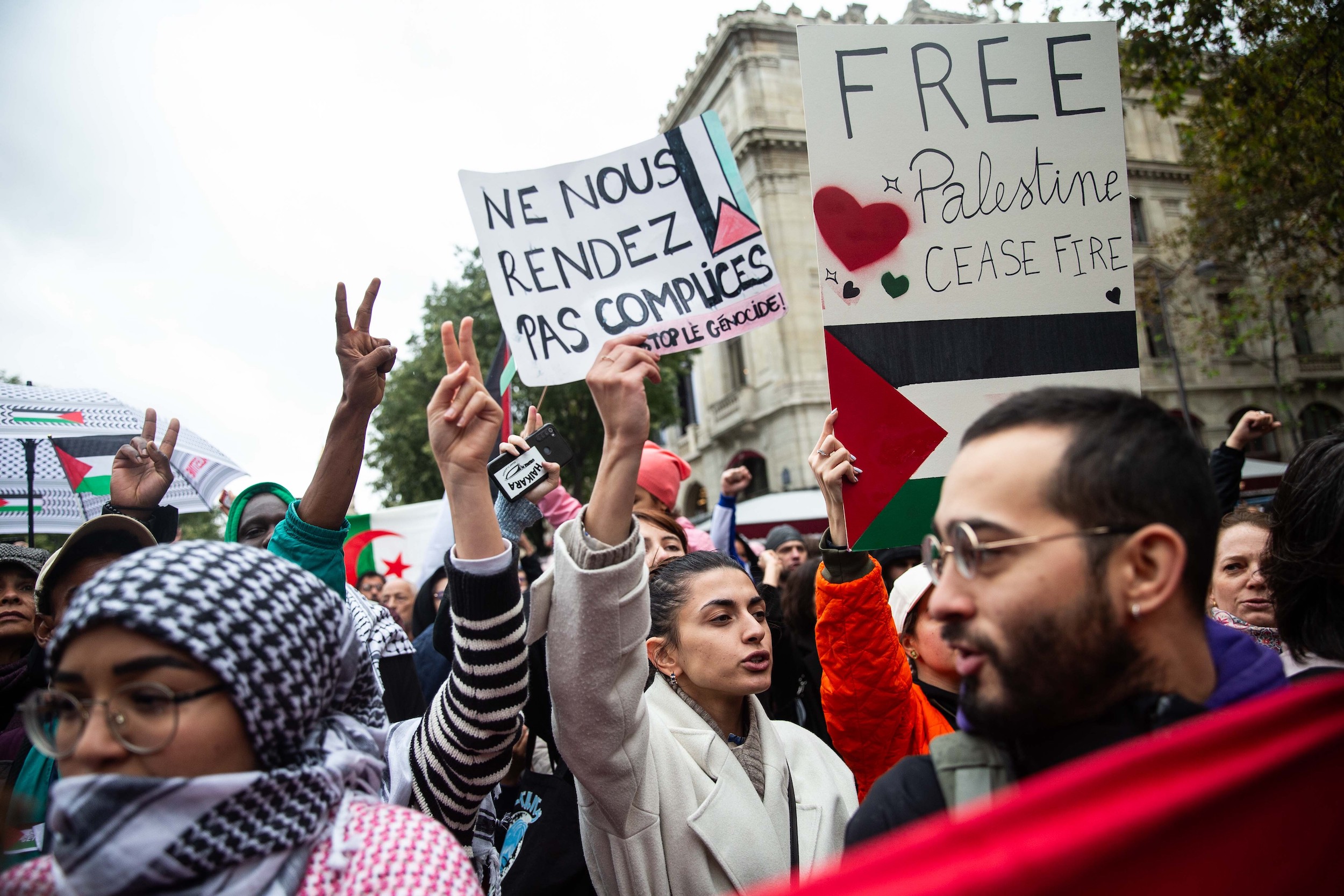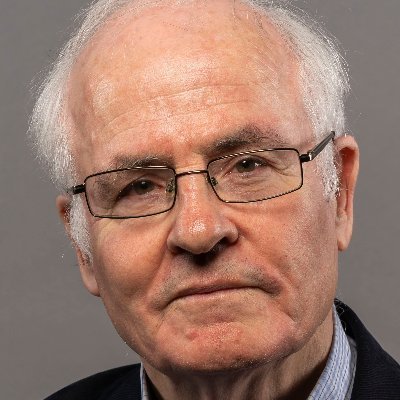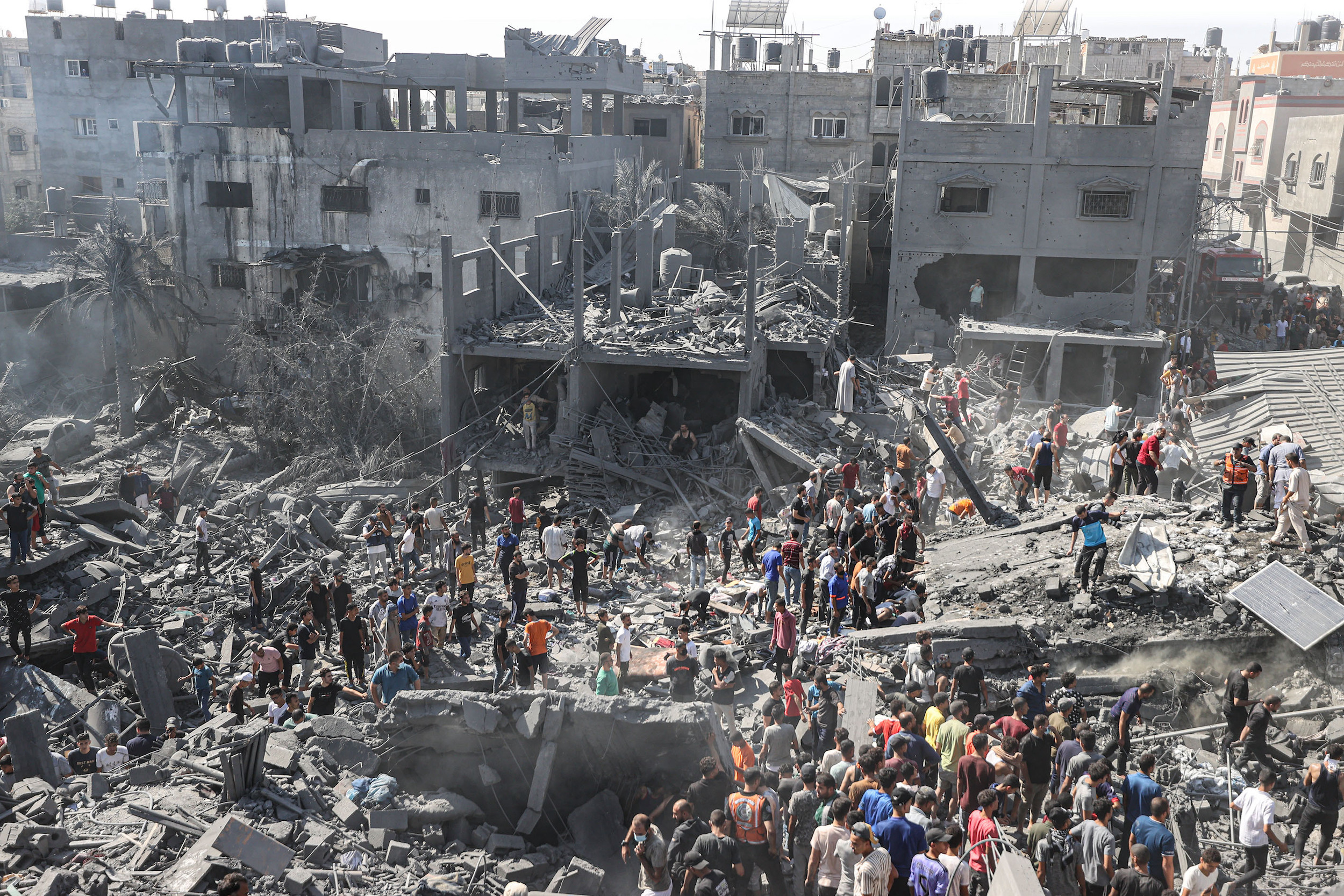في مقابل قرار مواقع إلكترونية عملاقة مثل "سبوتيفاي" و"تويتر" وقفَ نشر الدعايات السياسية المدفوعة الثمن بالكامل، ومع بدء العام الجديد 2020 وحتى إيجاد آليات خاصة للتدقيق في صحة المعلومات التي تتضمنها هذه الدعايات، عدّلت مواقع أخرى مثل "غوغل" و"فيسبوك" أخيرًا من قوانينها الخاصة بنشر هذه الدعايات.
تأتي هذه الخطوات استجابة لانتقادات شعبية وحكومية واسعة في العامين الأخيرين، وعلى إثر اتهامات لبعض من هذه المواقع بأنها غيّرت البوصلة السياسية في بلدان مثل الولايات المتحدة والمملكة المتحدة، بل إن هناك من يزعم أن التزييف والدعايات الملفقة على مواقع التواصل الاجتماعي رجّحت كفة الرئيس الأميركي دونالد ترامب للوصول إلى البيت الأبيض في انتخابات عام 2016 المثيرة للجدل.
والحال أن الاهتمام بالدور المتعاظم لمواقع التواصل في العمليات السياسية والديمقراطية بدول غربية، بدأ بعد الفوز الذي كان غير متوقع لترامب في الانتخابات الأميركية الأخيرة. ثم جاء بعدها الكشف عن حصول شركة معلومات تدعى "كامبريدج أناليتيكا" على بيانات 87 مليون مستخدم لموقع فيسبوك، ليزيد من الشكوك حول دور هذه المواقع في الانتخابات الأميركية تحديدًا.
ولعل كلمة الممثل الكوميدي البريطاني المعروف ساشا بارون كوهين في تجمع "رابطة مكافحة التشهير" خلال نوفمبر/تشرين الثاني الماضي، تُعد أقسى انتقاد وجه لمواقع التواصل الاجتماعي، صدر عن شخصية معروفة.
ففي كلمته، هاجم كوهين شركات فيسبوك وغوغل ووصفها بأنها "أكبر ماكينة للبروباغندا السياسية في التاريخ". بل إنه زعم أن الفيسبوك لو كان موجودا في ثلاثينيات القرن الماضي، لسمح لأفكار الزعيم النازي أدولف هتلر بالانتشار عبر منصته، حتى تلك التي دعا فيها إلى قتل اليهود.
ما الذي تغيّر؟
حسب الإعلان الصحفي الأخير الصادر عن فيسبوك، يُمكن لمستخدميه -والقوانين نفسها تنطبق على موقع إنستغرام- تحديد عدد الدعايات السياسية التي تظهر على "التايملاين" الخاص به. بيد أنه لا يمكن وقف هذه الدعايات كليًّا.
كما يفرض فيسبوك في قوانينه الجديدة على المعلنين السياسيين في الدول التالية: الولايات المتحدة، والمملكة المتحدة، والبرازيل، الكشف عن هوياتهم ومكان وجودهم، قبل إطلاق إعلاناتهم على منصات فيسبوك وإنستغرام. كما ستكون المعلومات الخاصة بهم، والعدد الذين كانوا يرتجون الوصول إليه، مُتاحة ومحفوظة في "مكتبة الإعلانات" في فيسبوك، ولفترة سبعة أعوام.
بيد أن فيسبوك لن يتدخل في محتوى الإعلانات السياسية، وهو أمر يقلق الكثيرين، إذ تتضمن الكثير من الدعايات مغالطات ومعلومات مزيفة تحتاج إلى تدقيق مستقل.
بالمقابل، أعلنت شركة غوغل في بيان لها أنها غيّرت قوانين نشر الإعلانات السياسية على منصاتها، إذ إنها لن تمنح المعلنين معلومات مفصلة عن مستخدميها كما كان الحال في الماضي، وإن المعلومات التي ستوفرها عنهم ستقتصر على الآتي: العمر، والجنس، ومكان السكن.
ويُتوقع أن يقلل هذا الإجراء الجديد من قوة الإعلانات الصغيرة (micro-targeted) التي تتوجه إلى مجموعات صغيرة من المستخدمين، اعتمادا على معلومات مفصلة مستقاة من سلوكهم على محرك البحث في غوغل، أو منصاته المتنوعة مثل يوتيوب وغيرها.
دعاية فعالة
ورغم تعدد الوسائط الرقمية التي يمكن أن يَصِل بها السياسي إلى الجمهور اليوم، ما زال الإعلان السياسي التقليدي البناء والمُباشر في رسالته وتوجهه، يحتفظ بأهمية خاصة، وتعقد عليه آمال واسعة. وكما تشير البيانات الضخمة التي بدأ المتنافسون على الانتخابات الأميركية القادمة يدفعونها للدعايات السياسية، وقبل أشهر عديدة من الموعد الرسمي لحملات انتخابات عام 2020، صَرَفَ الرئيس ترامب 11.1 مليون دولار على إعلانات فيسبوك وغوغل في النصف الأول فقط من العام 2019، علما بأنه قادر على إيصال صوته إلى الملايين من متابعيه على موقع تويتر الذي يتابعه نحو 82 مليون شخص.
لا شك أن طبيعة الإعلان السياسي المثيرة والمغلفة بالتحريض، والرسائل المبطنة والعاطفية التي يضعها صناع هذه الإعلانات داخل منتجهم المتقن، وهم الذين يملكون خبرات طويلة في علم النفس، هي من ترفع أهمية الإعلان السياسي المحكم الصنع للمرشحين.
كما يلعب التعاون المشترك بين المعلنين والمنصات الرقمية التي ينشرون عليها إعلاناتهم، دورا في الوصول السريع إلى فئات خاصة من الجماهير، بعضها شعر بالتهميش من قبل الإعلام التقليدي ولسنوات طويلة، ولم يعد يرى ذاته فيه. لذلك يمكن أن تكون الدعايات السياسية الذكية التي صُمم بعضها على مزاج وأهواء هذه الفئات، حاسمة في اختيار هذا المرشح أو ذاك.
كما أن المخاطرة في مواصلة التضييق على الإعلانات السياسية الجدلية أو الغوغائية -كما يحدث في الوقت الحاضر- ربما يدفع جهات معينة لدفع هذه الإعلانات من الواجهة إلى "ظلام" الإنترنت. والأخير لا يعني فقط الإنترنت السري الذي يحتاج إلى خبرات تقنية خاصة للوصول إليه، فمواقع التواصل الاجتماعي العملاقة توفر الإمكانيات لإنشاء مجموعات مغلقة تجمع مستخدمين يبحثون عن أقران لهم، وتوفر بدورها حريات كبيرة نسبيا لتبادل الأفكار، بعضها غير مستساغ أو تعاقب عليه قوانين هذه المواقع.
ويمكن لهذه المجموعات أن تتحول إلى منصات أساسية لدعايات سياسية بعيدة عن انتباه الإعلام والسلطات، وتركز على فئات واسعة من الجمهور الذي أدار ظهره للإعلام التقليدي.
العائدات الضخمة للدعايات السياسية
تؤكد المبالغ الضخمة التي صرفت على الإعلانات السياسية في الانتخابات الأميركية عام 2016، الأهمية التي ما زال الإعلان السياسي يستحوذ عليها، والآمال المعلقة عليه في تغيير أهواء الناخبين في أي انتخابات مهمة.
فوفق تقرير لمؤسسة "بوريل" (Borrell) الأميركية المختصة بالسياسات الإعلانية، وصل إجمالي المبلغ المصروف على الإعلانات السياسية في هذه الانتخابات إلى 9.8 مليارات دولار. وبلغت حصة القنوات التلفزيونية الأميركية الكبرى من هذه العائدات 4.4 مليارات، انخفاضا عن 5.45 مليارات في انتخابات عام 2012. وعانت محطات الراديو الأميركية من انخفاض بنسبة 23% من عائداتها من الإعلانات السياسية لعام 2012، بينما بلغت 621 مليون دولار في العام 2016.
واللافت هو الزيادة الهائلة على الأموال المصروفة على الإعلانات السياسية على المنصات الرقمية ما بين انتخابات عام 2012 و2016، حيث بلغت في الانتخابات الأخيرة 1.25 مليار دولار، بزيادة بنسبة 789% عن انتخابات عام 2012، في حين تواصل الصحافة الورقية تقهقرها لجهة مكانتها عند المعلن السياسي.
وبلغت عائدات الصحف الورقية عام 2016 نحو 659 مليون دولار، متراجعة بنسبة 3.3% عن عام 2012. ولا يختلف الحال بالنسبة للمجلات الورقية الأميركية التي شهدت عائداتها انخفاضا في انتخابات 2016 بنسبة 10.7% عن انتخابات 2012، لتبلغ نحو 140 مليون دولار.
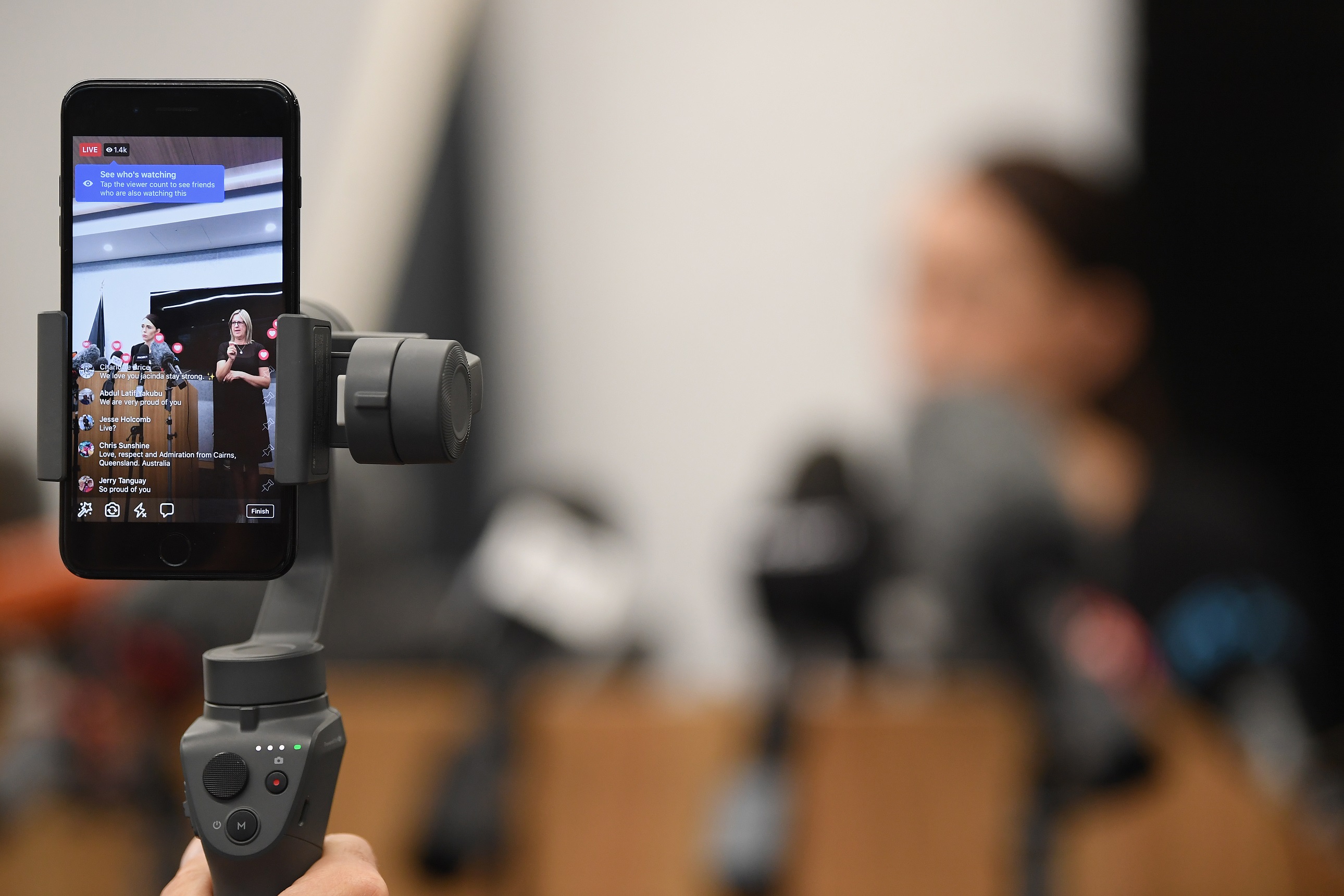



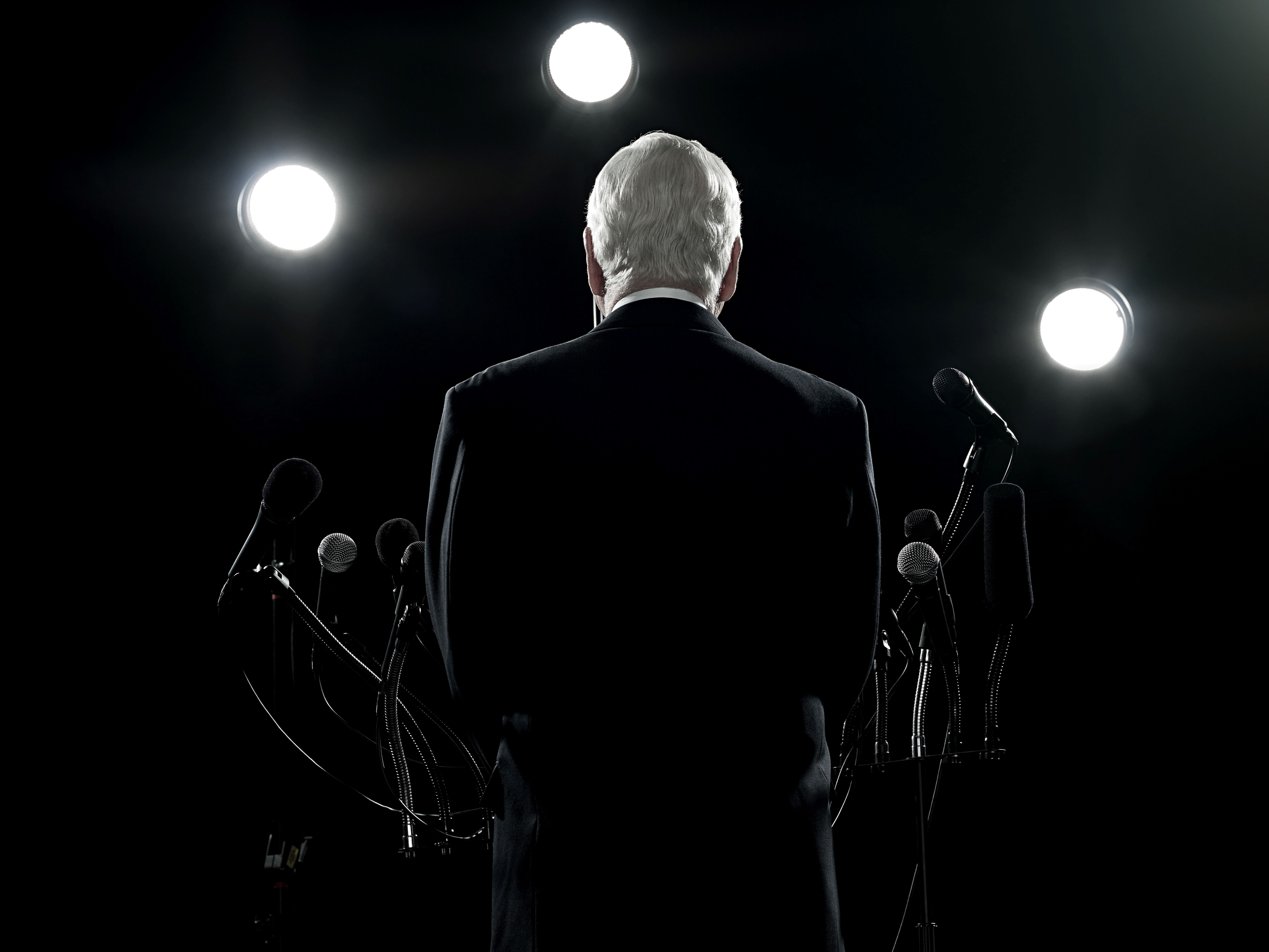



















![A demonstration against Israel's war on Gaza on Paulista Avenue in São Paulo on November 4, 2023, draws attention to the deaths of children while the media focuses on the war against terrorists. [Photo: Lina Bakr]](/sites/default/files/ajr/2024/Picture1.png)




